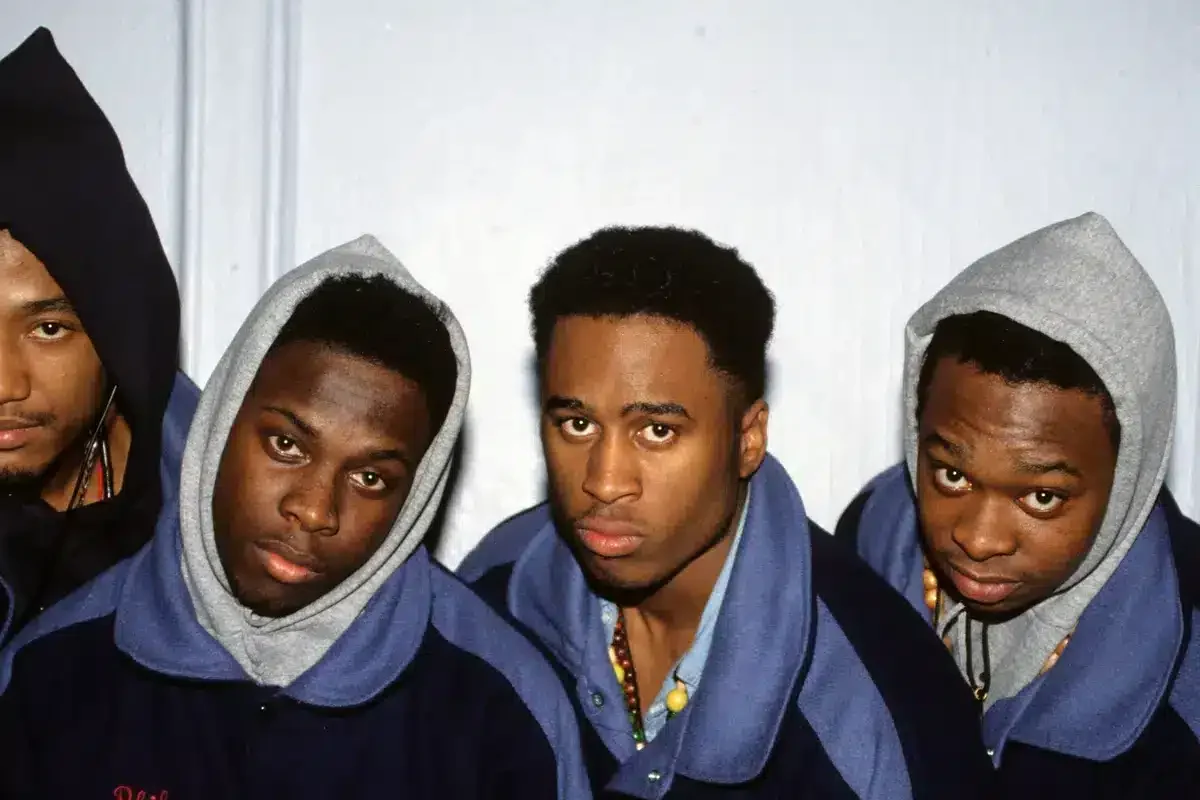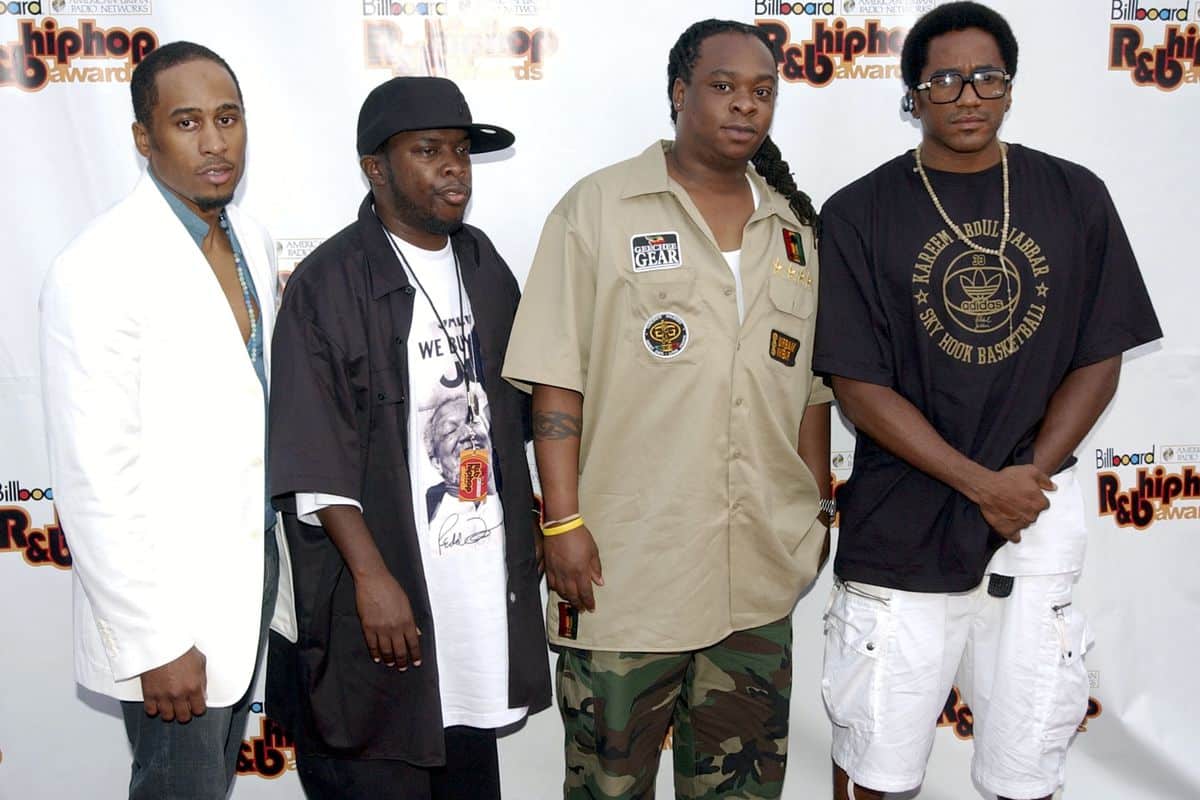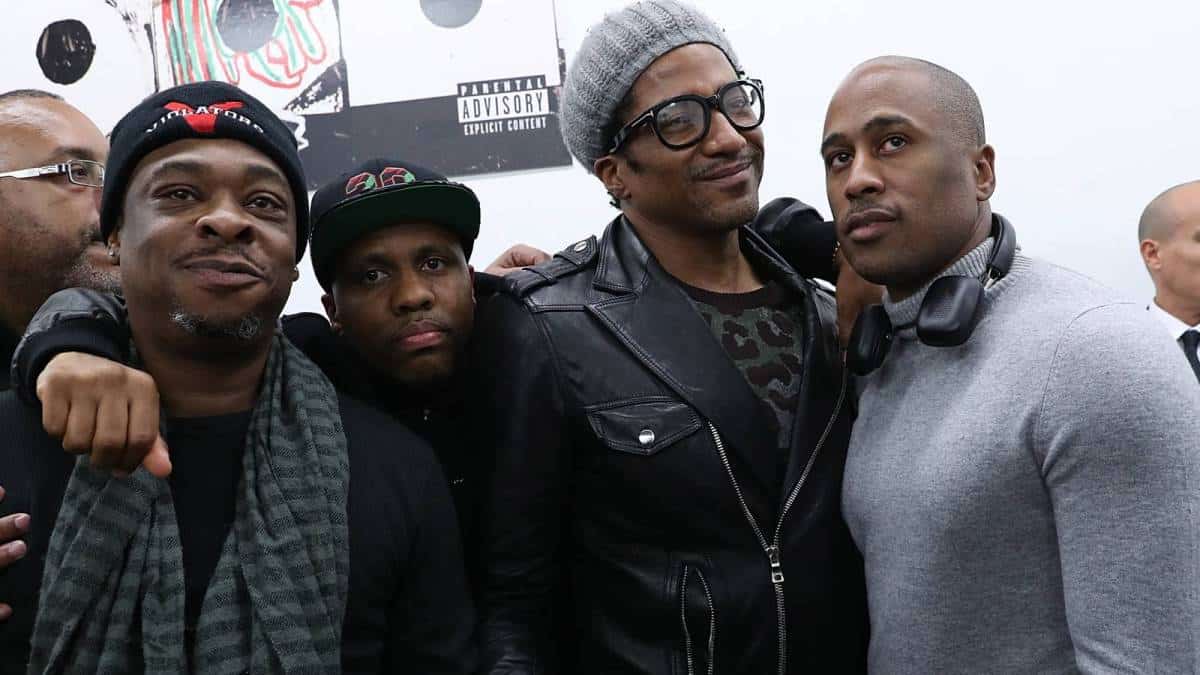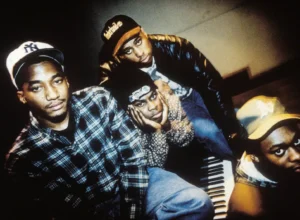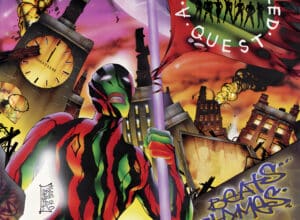Released: 1991
Let’s kick it with “Butter” by A Tribe Called Quest, a joint filled with hooks and rhymes that play out like a hip-hop rendition of high school heartbreak tales. The lyrics follow the teenage adventures of Phife Dawg, living large as a basketball player and smooth operator, only to be humbled by the game of love. It’s a narrative with a classic Tribe vibe – slick, humorous, and packed with cultural references that give us a fly-on-the-wall perspective of late ’80s hip-hop adolescence.
The track hits the ground running with its catchy hook: “It’s like butter, it’s like butter baby”. This refrain isn’t just about being smooth like butter on toast, y’all. It’s a metaphor for Phife’s game with the ladies. He’s claiming to have a way with women that’s easy and natural. But it’s straight butter, no ‘Parkay’ or ‘margarine’ – it’s all about being real, no fakes allowed.
Verse one sets the scene of 1988 senior year, introducing Phife as a player among “corny” guys and “mad fly” girls. He’s the cool kid, “b-ball playing, fly rhyme saying”. But then he meets Flo, the girl who changes the game for him. Contrary to ‘troopers’ around who labelled her a ‘ho’, Phife saw her as “good to go”, putting a spin on the objectifying language often used towards women in the hip-hop scene.
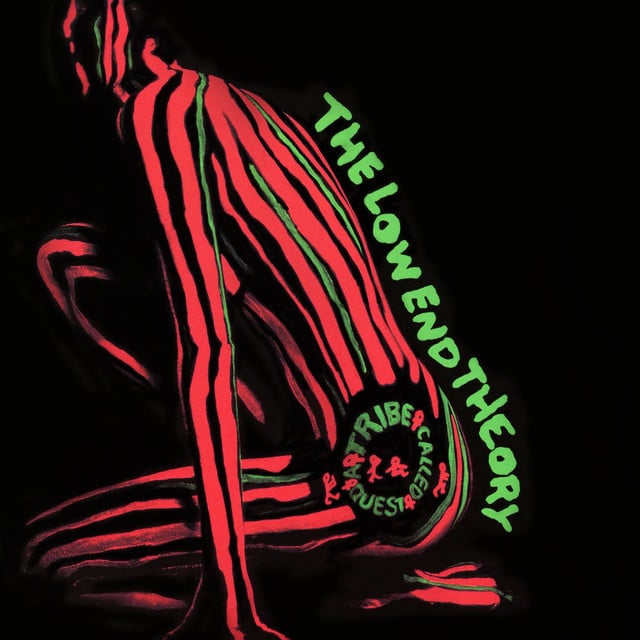
Phife goes from believing he is the one controlling the situation to realizing Flo’s been playing him. Echoing Bell Biv Devoe’s sentiments in their hit “Poison”, and referencing Heavy D’s preference for genuine companionship, he expresses a longing for a real, authentic love. The twist of fate with Flo hits him hard, much like finding out your main man, Lucky, has been betraying you. Phife’s world is flipped.
“Thought I was all that, But now, it seems, I’ve met my match” serves as a reality check for Phife. His old ways of loving and leaving are interrupted by this ‘match’. He prided himself as a “stone-cold lover”, a sentiment that’s challenged when Flo pulls a move on him. He’s no longer the player; he’s the one getting played.
The following verses bring insight into Phife’s former ways, painting a picture of a playboy lifestyle full of different girls: Tonya, Tamika, Sharon, Karen, Tina, Stacy, Julie, Tracy. The repeated line “Believe it or not, they all got done” underlines how he treated these women as conquests, a mindset that shifts as he develops deeper feelings for Flo.
Phife gives a nod to Alexander O’Neal’s ballad “True Man” just as he questions the nature of his feelings for Flo. Still, he reassures himself that even if she played him, he’ll find another, boasting about his “crazy game” and his smoothness, butter smooth that is.
The second verse takes a sharp turn, addressing women who’ve changed their traditional goodie-two-shoes image. Malik Taylor, known as Phife Dawg, talks about girls who were once indifferent to him but now throw themselves at him. There’s critique here of the materialistic, style-obsessed culture among some ladies, the surface-level changes like dyed hair and contact lenses, the fake “dangling” Slum village gold and noticeable four-finger rings. The verse closes on a note of disappointment, with Phife rejecting the idea of a ‘bionic’ or inauthentic woman.
Phife’s final verse pulls out all the stops, throwing references to Father MC and Ralph Tresvant, figures known in the music scene for treating women right. He declares he’s not about that sensitive approach. His game, he claims, surpasses that of Parker Brothers, the company famous for board games, suggesting he’s a master player in more ways than one.
Ultimately, “Butter” serves as a colourful biographical slice of Phife Dawg’s life in his senior year, blending his experiences and observations with his characteristic wit and smooth, butter-like delivery. It’s a key part of A Tribe Called Quest’s catalogue, flaunting their signature storytelling style while providing a critique of the relationship dynamics within their cultural moment. Respect to the Tribe for never shying away from confronting complex issues with a dope beat and tight rhymes.
